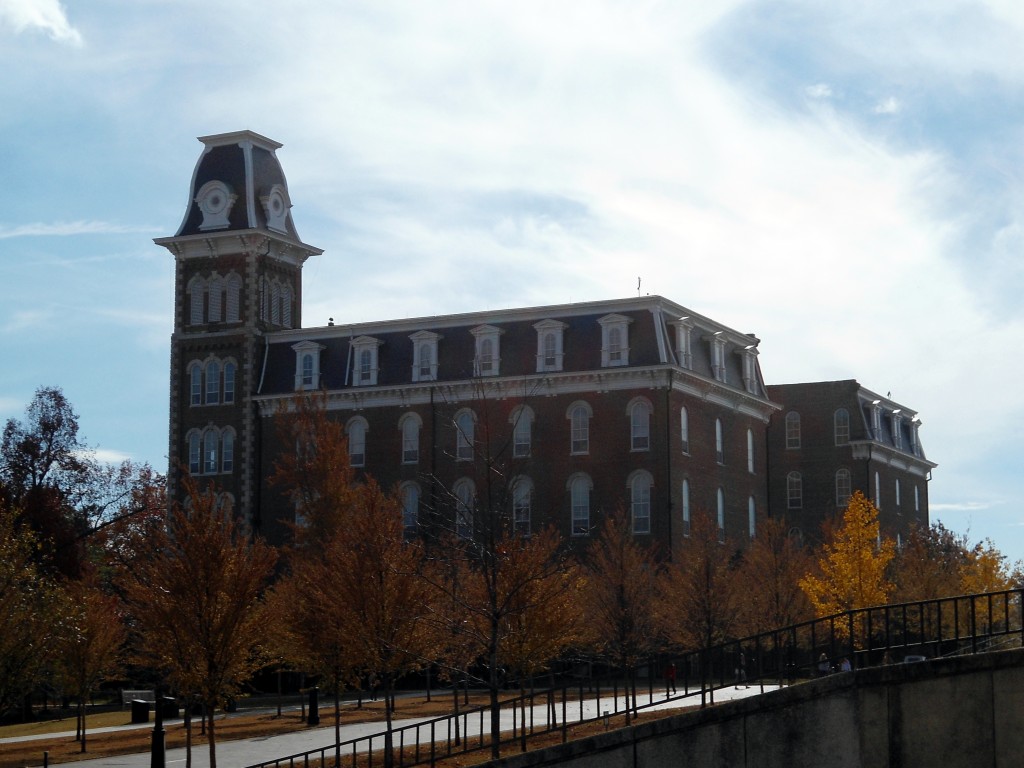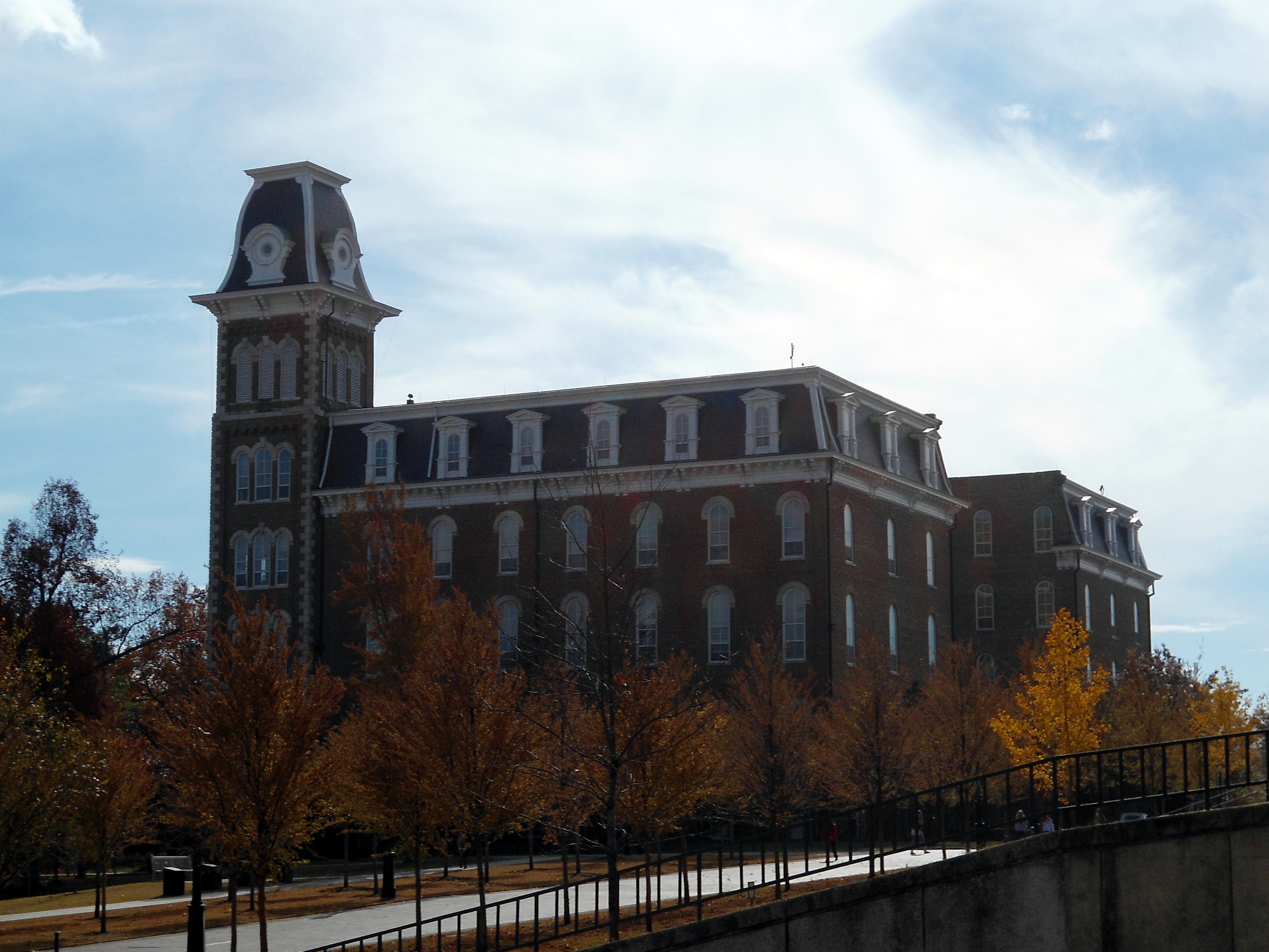University of Arkansas Goes for Woke With “Antiracist” Pledge, Resources

The University of Arkansas and Northwest Arkansas Community College are among schools in the state aligning with “woke” ideas such as critical race theory and the belief that racism is systemic in our country.
Critical theory is a set of ideas that emerged among Marxist sociologists and philosophers in Germany during the 1930s.
According to critical theory, society consists of two groups: Those who have power and those who don’t.
Critical theory teaches that those who have power always use it to oppress those who don’t have power, and that institutions — such as the church, family, government, or law enforcement — are tools of oppression.
Critical race theory draws these distinctions along racial lines. Critical race theory classifies people as oppressors or oppressed based on their race or ethnicity.
According to critical race theory, racism is systemic in America — meaning it’s everywhere.
Obviously, we should oppose racism, but critical race theory isn’t the way to do it.
Critical theory as a whole distorts reality and misunderstands human nature, society, and institutions. As John Stonestreet puts it, critical race theory “offers a very different explanation of humanity, sin, and redemption than the Bible does.” Unfortunately, critical race theory seems to be infiltrating portions of Arkansas.
The University of Arkansas Sam M. Walton College of Business maintains a web page that provides a list of “antiracism resources.” Many of the resources listed on this page promote critical race theory.
The University of Arkansas School of Law has put together an “Anti-Racism and Anti-Bias Pledge” for faculty, staff, alumni, and friends of the law school.
Among other things, the pledge asserts that “racism is the combination of social and institutional power structures and racial prejudice.” This language tracks closely with critical race theory.
The Northwest Arkansas Council also has put forward the “NWA Leadership Pledge” that organizations in the area can sign “to address systemic racism” in the region. The pledge discusses “the historical underpinnings of systemic racism” and contains language supporting pro-LGBT public policy.
According to the council’s website, Northwest Arkansas Community College and the University of Arkansas both have signed the NWA Leadership Pledge.
These pledges and “antiracist” resources at Arkansas’ flagship university won’t address real problems with race and injustice in our society. They’re simply going to be used to promote a deeply flawed worldview in our state.
Photo Credit: Brandonrush, CC BY-SA 3.0 https://creativecommons.org/licenses/by-sa/3.0, via Wikimedia Commons



